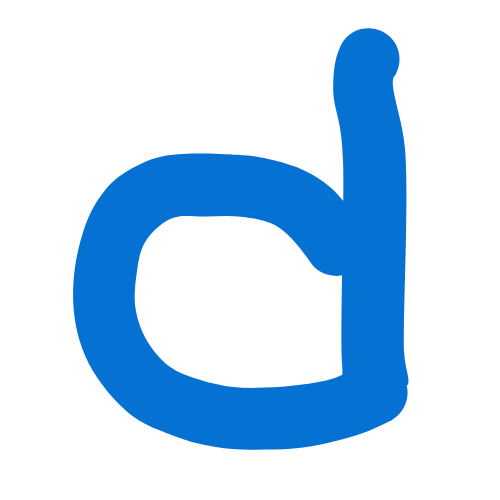'nglesq' is the title of a linguistic project I've been working on that I want to showcase for you upon this page
nglesq is pronounced however you like
the main reason I've had for developing nglesq is to alleviate frustrations I and others experienced with the foibles of heretofore common English: "silent" letters (like in "cake"), phrasing such as "that makes no sense" (that makes no taste, hearing, nor sight?), etcetera.
here are some examples of nglesq changes to common English words that yielded relief from stagnancy and refreshed inspiration:
kaek ("cake")
traed ("trade")
barj ("barge")
kwilt ("quilt")
weel ("wheel")
munq ("monk")
here are two entirely nglesk sentences accompanied by common English versions:
the duraeshn uv yor pinanc iz set at tuu yeirsz
("The duration of your penance is set at two years.")
haapee berthdae tuu yuu!
("Happy Birthday to you!")
you may have noticed these rules of communication in nglesq so far:
ae = pronounced "ay" and the same vowel sound in such as "cake" and "bake"
a = the vowel sound in "a" (a hippo, a rock)
aa = the vowel sound in "sad" and so 'saad' in nglesq
e = the vowel sound in "bed", "wed", "birth", "worth", "err", etcetera
ee = the vowel sound in "we", "tree", "see", etcetera
i = the vowel sound in "it", "sit", etcetera
ii = the vowel sound in "eye", "try", "why", "light", etcetera
o
oo
u = the "uh" sound like in "understand" and "but"
uu = the "ooh" sound like in "mood", "you" and "too"
the above usage of such as sz in yeirsz serves as a temporary bridge to having a symbol that expresses the phoneme of "sz", an "s" sound (as with "snake") simultaneous with a "z" sound (as with "zebra") which I sketched below using Canva.com's design tools (and via the word "ads", adsz in nglesk):



This and more remains to be done for you (yuu), website guest, so that satisfyingly readable nglesq versions accompany each of this site's pages (at a minimum!).
tuu duu, to do:
a completed nglesq rendition of the 100 most common English words (a number of which share the same spelling preliminarily)
wee ~ we
peepl ~ people
a ~ a, also ~ also, and ~ and, at ~ at
az ~ as
ubowt ~ about
al ~ all (Al ~ Al (the name))
bee ~ be
bequz ~ because
but ~ but
bii ~ by
qan ~ can
a few standing rules you may've noticed:
the sound of the "i" in qwilt (above) is alike to the first sound in "ill"
... and ...
the sound of the "e" in bequz is alike to the sound of "e" in "bed"
the sound of "ii" in bii sounds like the normal pronunciation of the letter "I, i" and how "by" has been pronounced
... and likewise ...
the sound of "ee" in bee sound like the normal pronunciation of the letter "E, e" and how "bee" and "be" have been pronounced
furthermore ...
the q in qan sounds like, is pronounced like the "k" in "like" and the "c" in "can"